Part 137 Exception Service: Navigating the Legal Landscape of Drone Operations
Introduction
The use of drones in agriculture has opened new avenues for efficiency and precision. However, with innovation comes regulation. The Part 137 Exception Service is a legal framework that allows for commercial agricultural spray drone use, and it's crucial for farmers and operators to understand and comply with this regulation. This blog will explore the intricacies of the Part 137 process and guide readers through the regulatory landscape.
What Is Part 137 Exception?
Part 137 Exception refers to a specific regulation within the FAA that governs the use of aircraft for agricultural purposes, including spray drones. This exception allows famers and commercial operators to fly drones for activities like spraying, seeding, provided they meet certain the 137 exemption requirements. Understanding Part 137 is essential for anyone looking to use spray drones legally and responsibly in agriculture.
Requirements and Application Process
Applying for a Part 137 Exception involves several steps:
Preparation: Farmers and operators must ensure that their drones, equipment, and operations meet the stipulated criteria.
Documentation: Detailed documents such as operation manuals, maintenance logs, and safety protocols must be submitted in a timely manner.
Inspection: The FAA may conduct a physical inspection of the equipment and operations to ensure compliance.
Ongoing Requirements: Once obtained, farmers and operators must adhere to specific operational guidelines and reporting requirements.
Ongoing Compliance and Auditing
Compliance doesn't end with obtaining the exception. Regular audits, record-keeping, and adherence to updates in regulations ensure continuous compliance. Farmers and operators must be diligent in following guidelines on flight altitude, chemical handling, equipment maintenance, and more. Staying informed and proactive in compliance ensures smooth operations and avoids legal complications.
Benefits for Farmers and Drone Operators
Beyond legality, the Part 137 fosters a culture of safety, efficiency, and responsibility in drone operations:
Safety: Ensures that drone operations meet safety standards.
Efficiency: Streamlines the regulatory process and supports informed decision-making.
Responsibility: Encourages ethical and sustainable drone usage in agriculture.
Growth: Facilitates growth and innovation within the industry.
Challenges and How to Overcome Them
Compliance with Part 137 can be challenging, especially for farmers and small operators. Understanding legal jargon, keeping up with changes, training and managing documentation can be daunting.
However, engaging with professionals who specialize Part 137 exemption consulting, aviation law, participating in training sessions, and utilizing compliance software like DroneLogBook (more on DroneLogBook to follow) can make the process more manageable.
Conclusion
Navigating the legal landscape of drone operations can be complex, however, understanding and complying with Part 137 Exception is crucial for success in the agricultural drone industry. It ensures not only legal operations, but also fosters a culture of safety, efficiency, and innovation.
Embracing these regulations rather than fearing them sets the stage for growth and sustainability in the ever-evolving world of agricultural drones.
